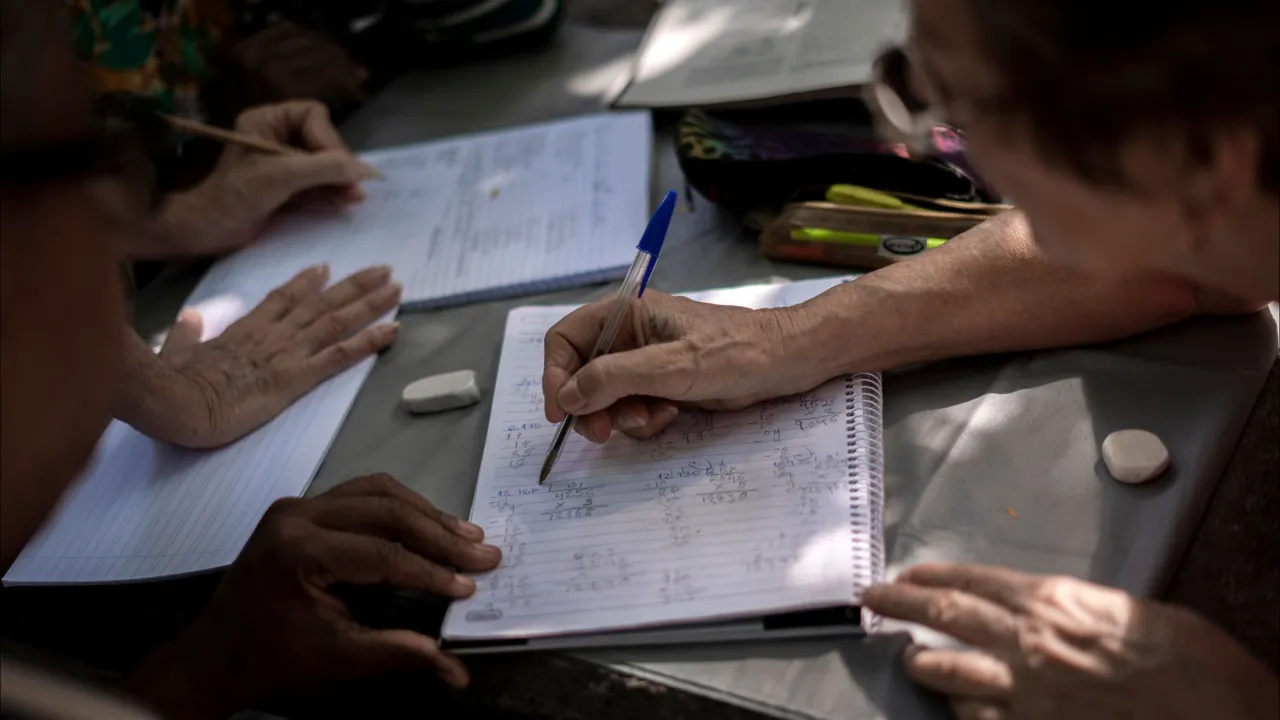
“In France, it is very difficult to learn Portuguese, as there are fewer and fewer teachers. France, which is an observer country of the CPLP [Community of Portuguese Language Countries], makes no effort to promote the teaching of our language, which is seen as a language of emigration, while the teaching of Italian or Spanish is highly valued,” said Lurdes Abreu.
During the “Sécur’Été 2025 — Summer in Portugal” campaign, held this morning at the Vilar Formoso border, in the municipality of Almeida, in the district of Guarda, the official declined to comment on the extension to great-grandchildren of Portuguese emigrants under the new nationality law.
“Cap Magellan is a non-partisan association that prioritizes citizenship actions, which does not mean we are not a political association,” she began, adding that in this possibility, “each case is unique.”
Lurdes Abreu noted that in the actions carried out in France by the largest association of young Portuguese descendants in the country, “the dual culture is always promoted, as it makes complete sense for a person born in France to maintain a connection with Portugal.”
However, the president of Cap Magellan emphasized that there are other issues yet to be resolved, such as the teaching of the Portuguese language.
For the official, “Portuguese must stop being seen as a devalued language, and there is still a lot to be done for the communities in France.”
“If this nationality law can help, very well, but I sincerely hope the Government also takes an interest in these problems,” she considered.
“They cannot later say that emigrants do not speak the language when they do not have access to Portuguese education at home,” she concluded.
The Secretary of State for Portuguese Communities, Emídio Sousa, stated during the “Sécur’Été 2025” campaign that the proposed change by the Government, “extending nationality to great-grandchildren, the fourth generation, is a good solution.”
“We want the Portuguese to continue being Portuguese, anywhere in the world,” he stressed.
“Today, being Portuguese has added value. Many Portuguese descendants, who lost their connection to Portugal by the third generation, are now interested in having our nationality, and I believe we are responding to this desire,” the government official stated.
The possibility for great-grandchildren of Portuguese emigrants to acquire nationality automatically, if they wish, will also be “a way to recover the sense of belonging for a generation that already has few connections to the country,” he said.
“I recently toured various consulates in France, where the interest in being Portuguese is re-emerging in the third and fourth generations, who previously might not have had strong ties to our country, but are now expressing a genuine will to be Portuguese. It’s a phenomenon difficult to understand and explain,” Emídio Sousa remarked.
In September, the new nationality law, which foresees access to naturalization through Portuguese ancestry up to great-grandchildren, will be discussed.




